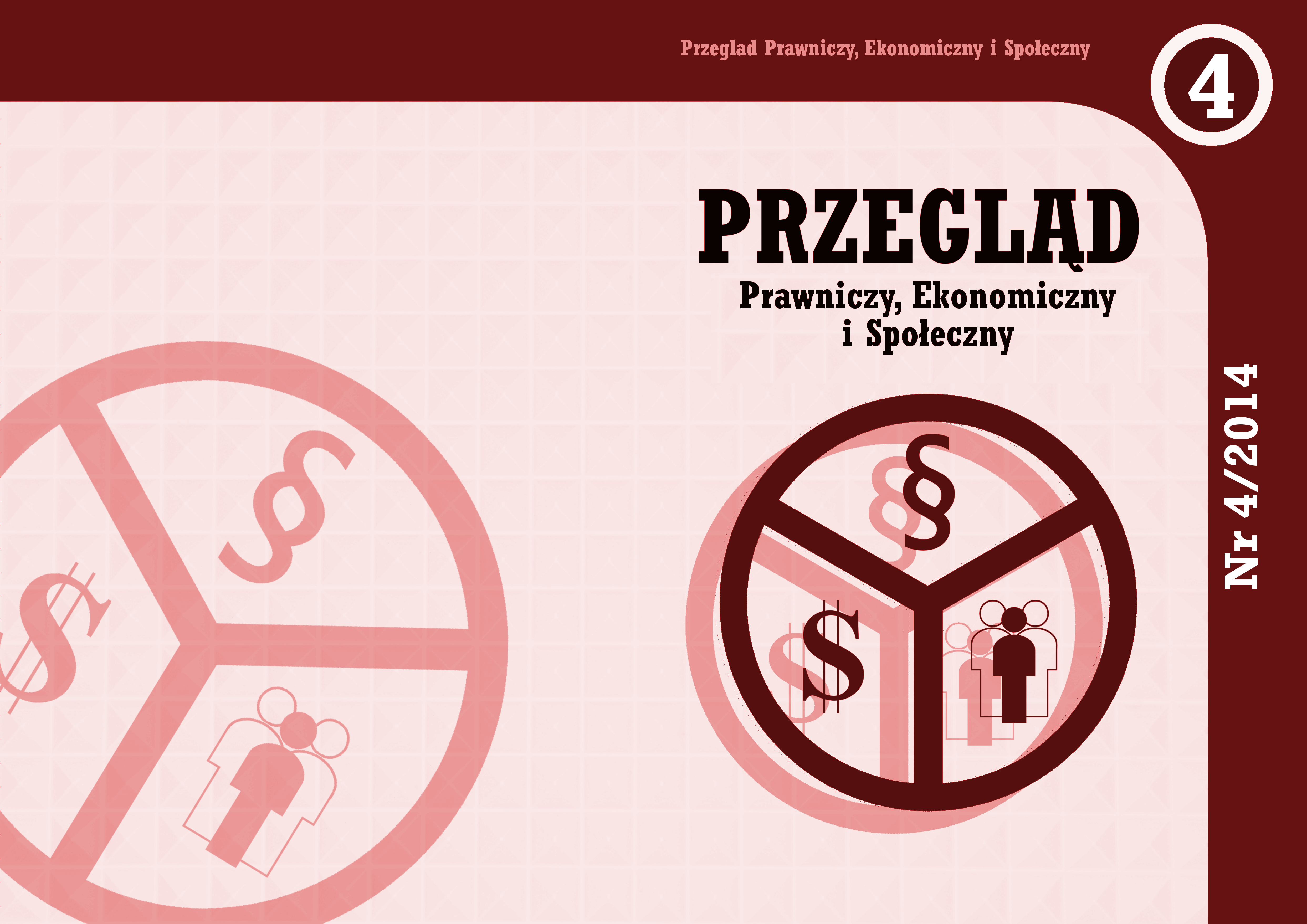Decyzje pojedyncze i łączone w orzekaniu środków karnych. Kazus nawiązki
Decision-making and joint decisions in cirminal law. Case of compensation
Author(s): Radosław ZyzikSubject(s): Law, Constitution, Jurisprudence, Criminal Law
Published by: Wielkopolska Rada Młodzieży
Keywords: Criminal law;legal theory;cognitive psychology;decision-making;joint decisions;separates decisions
Summary/Abstract: The norm theory developed by Miller and Kahneman says that we construct standards specifying the conditions of normality in real-time. We do not use already possessed criteria of normality, in order to assess specific situations, events and people. Therefore, very often we are unable to deliver the same decision in the case where the same case we evaluate in isolation from others (SE), and when we treat it as one of many (JE). This feature of our decision-making processes may be relevant to the ways in which judges decide the amount of compensation. It is a challenge to the sentencing court directives, as it stands in contradiction with them. Lack of capacity to deliver identical JE and SE requires that this fact should be taken into account, as significantly influencing the decision-making process the judge.
Journal: Przegląd prawniczy ekonomiczny i społeczny
- Issue Year: 2014
- Issue No: 4
- Page Range: 147-157
- Page Count: 11
- Language: Polish

